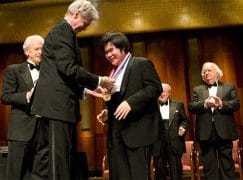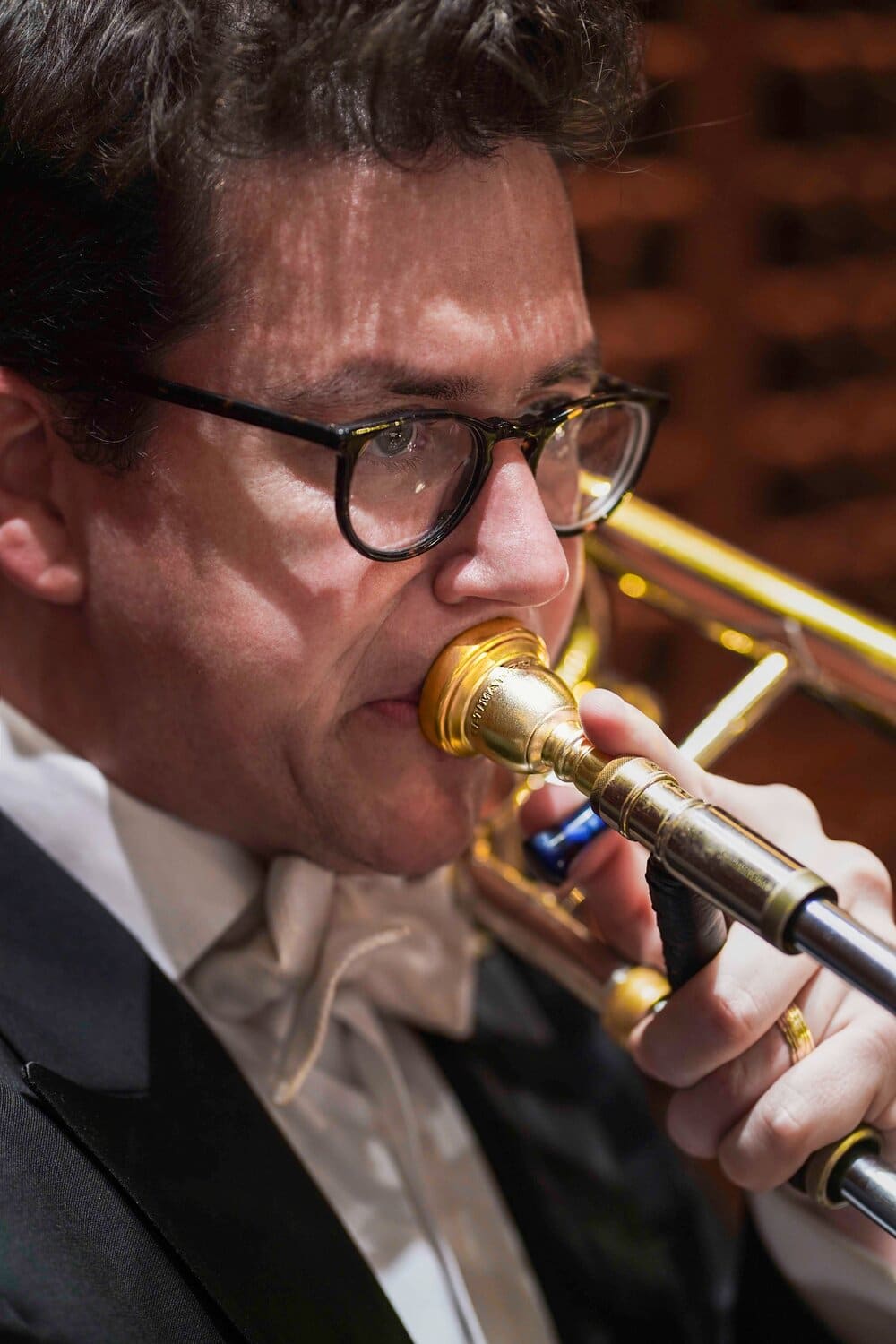Editorial: There is no place for colourless competitions
mainIt is hard to remember a competition so devoid of character and incident as the Van Cliburn, which ended last night.
Deep in the heart of Texas, a group of 20 pianists were whittled down by an international jury to six blameless finalists, none of whom set the imagination roaring or the blood racing.
In the absence of colourful personalities, competitions require a dash of controversy. That, too, was missing.
Looking back, this has been the pattern in the last few Cliburn competitions. The process has been too civilised to produce a barn-storming winner and the judges too timid in the early stages to back a rank outsider.
This average mentality does not augur well for the event. We are hearing noises of discontent from local donors and of disaffection from the music business. Dull contests have no future.
No disrespect to this year’s winners, but the Van Cliburn competition urgently requires a reboot.






Comments